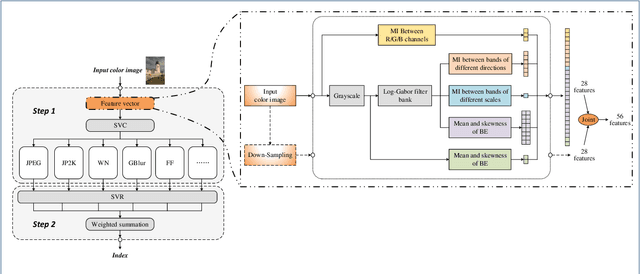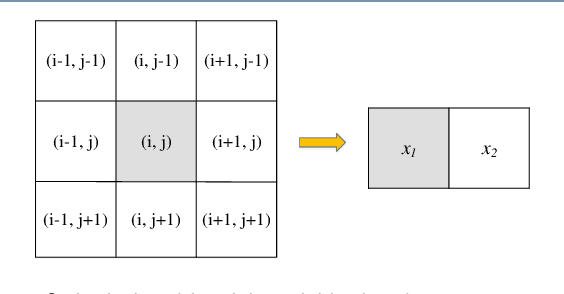Xiaoqiao Chen
Multi-variable Adversarial Time-Series Forecast Model
Jun 02, 2024Abstract:Short-term industrial enterprises power system forecasting is an important issue for both load control and machine protection. Scientists focus on load forecasting but ignore other valuable electric-meters which should provide guidance of power system protection. We propose a new framework, multi-variable adversarial time-series forecasting model, which regularizes Long Short-term Memory (LSTM) models via an adversarial process. The novel model forecasts all variables (may in different type, such as continue variables, category variables, etc.) in power system at the same time and helps trade-off process between forecasting accuracy of single variable and variable-variable relations. Experiments demonstrate the potential of the framework through qualitative and quantitative evaluation of the generated samples. The predict results of electricity consumption of industrial enterprises by multi-variable adversarial time-series forecasting model show that the proposed approach is able to achieve better prediction accuracy. We also applied this model to real industrial enterprises power system data we gathered from several large industrial enterprises via advanced power monitors, and got impressed forecasting results.
Active feature selection discovers minimal gene-sets for classifying cell-types and disease states in single-cell mRNA-seq data
Jun 15, 2021Abstract:Sequencing costs currently prohibit the application of single cell mRNA-seq for many biological and clinical tasks of interest. Here, we introduce an active learning framework that constructs compressed gene sets that enable high accuracy classification of cell-types and physiological states while analyzing a minimal number of gene transcripts. Our active feature selection procedure constructs gene sets through an iterative cell-type classification task where misclassified cells are examined at each round to identify maximally informative genes through an `active' support vector machine (SVM) classifier. Our active SVM procedure automatically identifies gene sets that enables $>90\%$ cell-type classification accuracy in the Tabula Muris mouse tissue survey as well as a $\sim 40$ gene set that enables classification of multiple myeloma patient samples with $>95\%$ accuracy. Broadly, the discovery of compact but highly informative gene sets might enable drastic reductions in sequencing requirements for applications of single-cell mRNA-seq.
No-Reference Color Image Quality Assessment: From Entropy to Perceptual Quality
Dec 27, 2018



Abstract:This paper presents a high-performance general-purpose no-reference (NR) image quality assessment (IQA) method based on image entropy. The image features are extracted from two domains. In the spatial domain, the mutual information between the color channels and the two-dimensional entropy are calculated. In the frequency domain, the two-dimensional entropy and the mutual information of the filtered sub-band images are computed as the feature set of the input color image. Then, with all the extracted features, the support vector classifier (SVC) for distortion classification and support vector regression (SVR) are utilized for the quality prediction, to obtain the final quality assessment score. The proposed method, which we call entropy-based no-reference image quality assessment (ENIQA), can assess the quality of different categories of distorted images, and has a low complexity. The proposed ENIQA method was assessed on the LIVE and TID2013 databases and showed a superior performance. The experimental results confirmed that the proposed ENIQA method has a high consistency of objective and subjective assessment on color images, which indicates the good overall performance and generalization ability of ENIQA. The source code is available on github https://github.com/jacob6/ENIQA.
 Add to Chrome
Add to Chrome Add to Firefox
Add to Firefox Add to Edge
Add to Edge